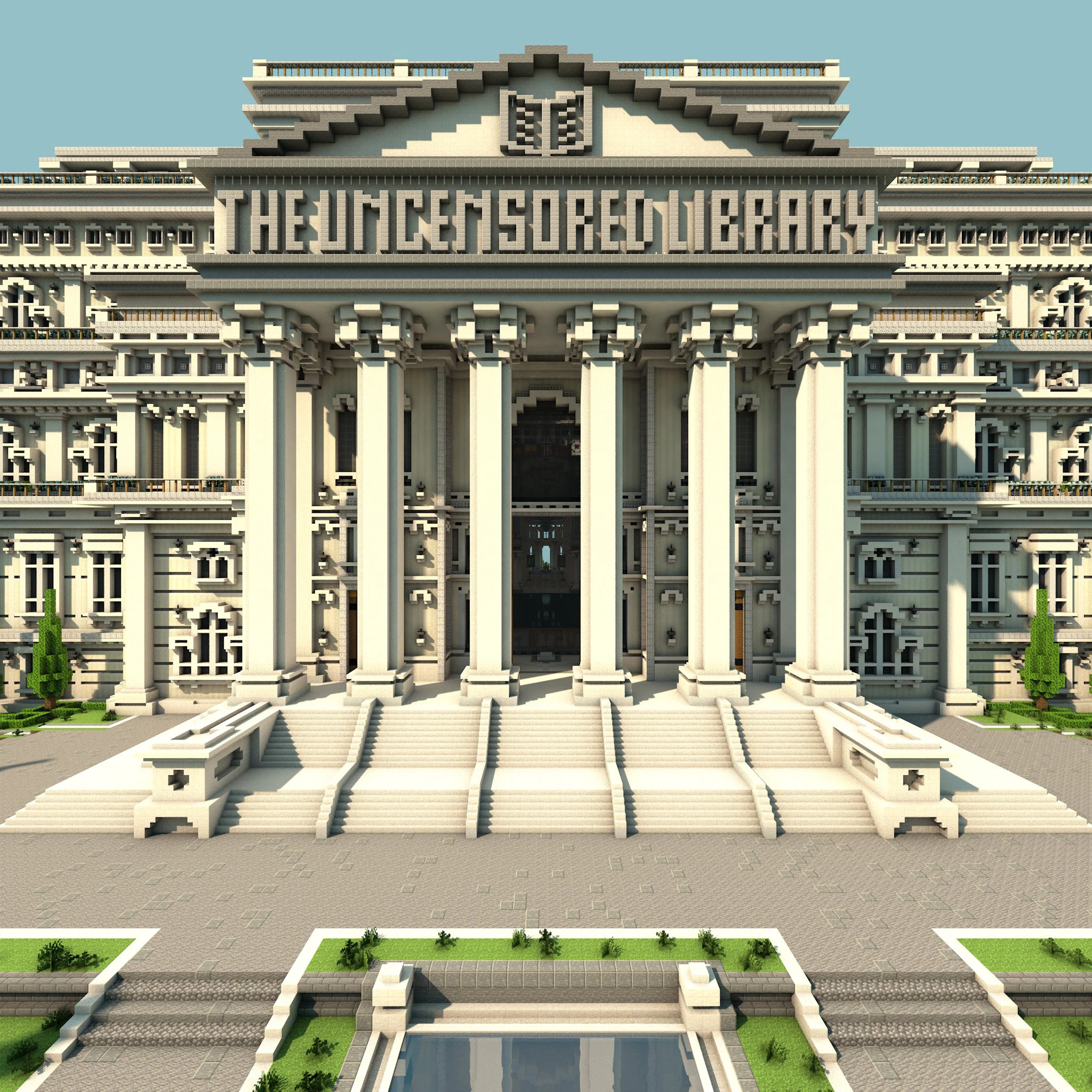In countries where censorship is standard practice—such as China, where articles and social media posts about COVID-19 and the government’s slow initial response to the crisis have been quickly deleted by government censors, and where government critics can end up in jail—Facebook, Twitter, and many news sites are blocked. But it’s still possible to play Minecraft anywhere. That’s why a new project from Reporters Without Borders now uses Minecraft to share articles from censored journalists.

The project takes the form of a massive virtual library, called the Uncensored Library, made from more than 12.5 million of the Lego-like blocks that Minecraft players use to build virtual worlds. In the library, when an article is added, it appears as a book. “We were able to build and craft a huge library, which took a couple of months with multiple developers to build,” says Robert-Jan Blonk, a senior interactive producer at MediaMonks, a digital production company based in the Netherlands that partnered with BlockWorks, the agency that designed the project.

“Inside, you can find articles and information about the journalists that are being censored in their own countries,” he says. “We share these stories through the books that live in that library, and people can just openly read them, because even in the countries . . . where these journalists are from, you’re able to play Minecraft.”

The library, built in a classical, formal design that’s intended to evoke and subvert the repression of governments that censor information, includes articles from Mada Masr, an Egyptian news site that reports on corruption and has been blocked since 2017 in Egypt, a country where most media is controlled in some way by the state. It also includes stories from grani.ru, a blocked Russian site that reports on protests and activism at a time when Russia is aiming for systematic mass surveillance. The journalist Hatice Cengiz, the fiancée of the executed Saudi Arabian journalist Jamal Khashoggi, collaborated with the project to republish Khashoggi’s articles in the game; the exiled Vietnamese journalist Nguyen Van Dai and the murdered Mexican journalist Javier Valdez also have content in the virtual library.

The content can’t be changed, though players can add more. If a repressive government tries to hack the server hosting the game, other servers and hosts can take over. “With so many people playing the game, there’s always a version live, so they cannot take it down,” says Blonk.
More than 145 million people play Minecraft each month, and as more players around the world discover the library, the team is hoping that it can spread a message about the challenges to press freedom. The library also includes details about the current state of press freedom in 180 countries. “This is such a unique way of bringing attention to censorship,” he says. “We hope that with so many players and so many people that we basically bring this problem up again. People die because they’re being censored.”
Recognize your brand’s excellence by applying to this year’s Brands That Matter Awards before the final deadline, June 7.
Sign up for Brands That Matter notifications here.
